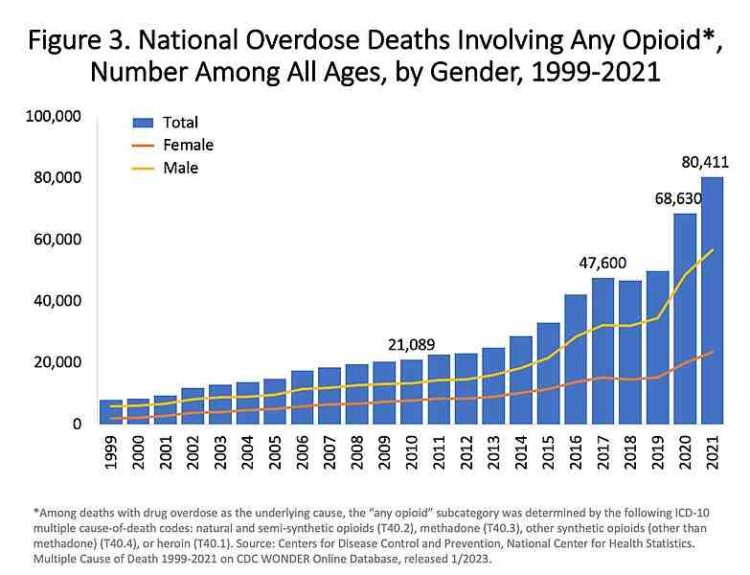Paris faces extreme weather challenges as Olympic organizers push forward with swimming events.
- Olympic organizers have confirmed swimming in the Seine is safe for the men’s triathlon after initial concerns.
- Heavy rainfall and climate change have raised bacteria levels in the river, complicating event planning.
- Paris has invested 1.4 billion euros to improve Seine water quality, but extreme weather challenges persist.
- The city has experienced an unusually high number of rainy days this year, impacting drainage systems.
- Experts warn that future Olympic sites must consider the increasing frequency of extreme weather events.
Olympic organizers have recently announced that swimming in the Seine River will proceed for the men’s triathlon, despite earlier fears that heavy rainfall would force them to cancel this portion of the event. After a series of tests showed that the water quality met safety standards, the decision was made to allow athletes to swim through the iconic river in Paris. However, this decision comes amid growing concerns about climate change and its impact on weather patterns, particularly in Europe, where heavy rains have become more frequent. Experts have criticized the organizers for not fully accounting for the implications of extreme weather in their planning. Paris, known for its historic climate agreement efforts, has invested significantly in improving the Seine’s water quality, spending 1.4 billion euros to enhance its sewer systems and treatment facilities. Yet, persistent rain has led to increased bacteria levels in the river, raising questions about the safety of swimming. This year, Paris has recorded at least 80 rainy days, far exceeding the normal average, which has strained the city’s drainage systems. Climate scientists emphasize that the increasing variability of rainfall due to global warming must be factored into future event planning. As the world prepares for the Paris 2024 Olympics, the lessons learned from this situation could inform how future host cities address climate-related challenges.·
Factuality Level: 7
Factuality Justification: The article provides a detailed account of the challenges faced by Olympic organizers in Paris due to climate change, supported by expert opinions and data. However, it includes some subjective statements and opinions that could be perceived as biased, particularly regarding the effectiveness of the city’s solutions to water quality issues. While it presents factual information, the presence of personal perspectives and some sensational language detracts from its overall objectivity.·
Noise Level: 8
Noise Justification: The article provides a thorough analysis of the implications of climate change on the Paris 2024 Olympics, holding organizers accountable for their decisions and discussing the consequences of extreme weather events. It includes expert opinions, scientific data, and historical context, making it relevant and insightful. However, it could have benefited from more actionable solutions.·
Key People: Metin Duran (Professor of Civil and Environmental Engineering at Villanova University), Kathy Jacobs (Climate Scientist at University of Arizona), Friederike Otto (Climate Scientist at Imperial College of London), Aurélie Merle (Paris 2024 Director of Sports), Peili Wu (Climate Scientist at the United Kingdom Meteorological Office)
Financial Relevance: No
Financial Markets Impacted: No
Financial Rating Justification: The article discusses the impact of climate change on the Olympic games in Paris and the challenges faced by organizers due to heavy rains, but it does not directly pertain to financial topics or impact financial markets or companies. It mainly focuses on environmental concerns and the implications of extreme weather events.
Presence Of Extreme Event: Yes
Nature Of Extreme Event: Natural Disaster
Impact Rating Of The Extreme Event: Moderate
Extreme Rating Justification: The article discusses extreme weather events, specifically heavy rainfall attributed to climate change, which have impacted the organization of the Olympic events. While there are no immediate catastrophic effects reported, the increased frequency and intensity of rain pose significant challenges to infrastructure and public health, warranting a moderate impact rating.·
 www.marketwatch.com
www.marketwatch.com  www.wsj.com
www.wsj.com 





